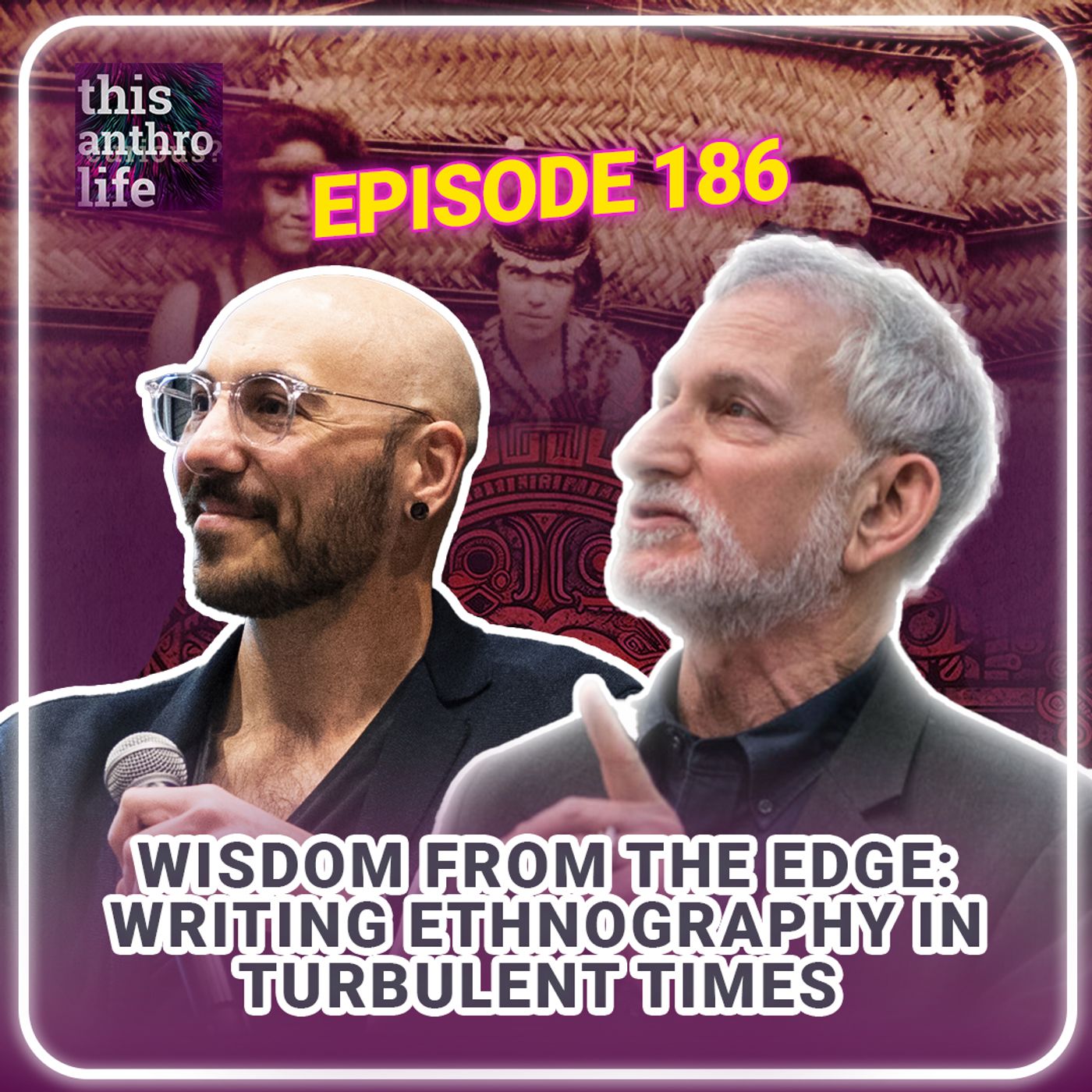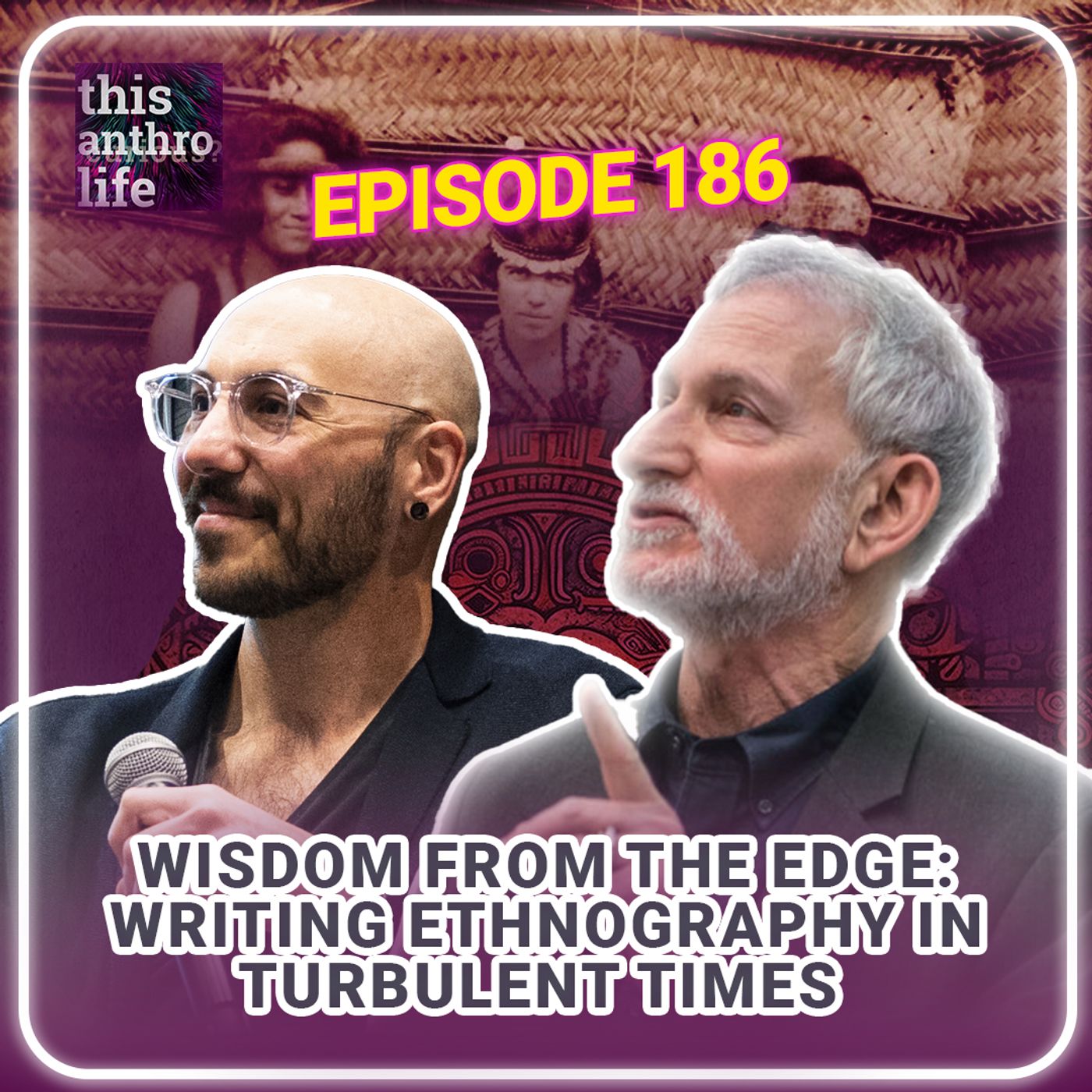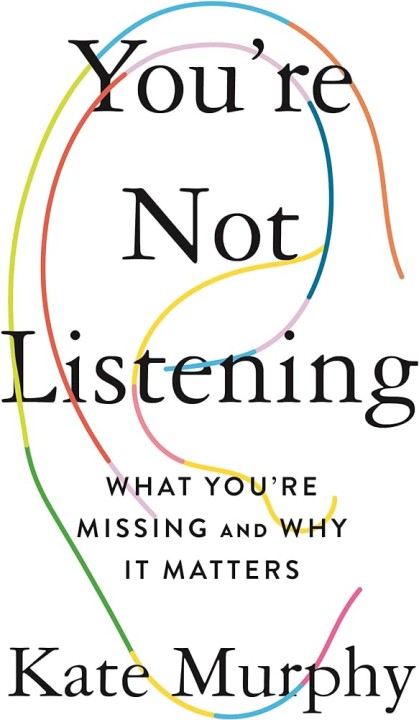
In an age where rapid innovation and digital connectivity rule our lives, we often forget something invaluable: the lost wisdom of elders. What once passed from generation to generation through fireside stories and lived experience is now at risk of vanishing into silence. Today, many of us are moving too fast to pause, listen, and learn from those who’ve already walked the path we’re struggling to navigate.
At Remin.site, we believe memories, values, and insights are not meant to disappear. They’re meant to be remembered, stored, and passed on. Death is not the end—it is the beginning of a legacy.
Introduction: A Generation Overlooked
Every day, elderly individuals around the world pass away without sharing the vast experiences they’ve collected over a lifetime. When we fail to capture their voices, we lose more than just memories—we lose generational knowledge that can shape how we live, lead, and love.
“When an old person dies, a library burns to the ground.” — African Proverb
But why is society so quick to tune out the voices of its elders? Why does modern culture glorify novelty, while overlooking time-tested wisdom?
The Role of Elders in Traditional Societies
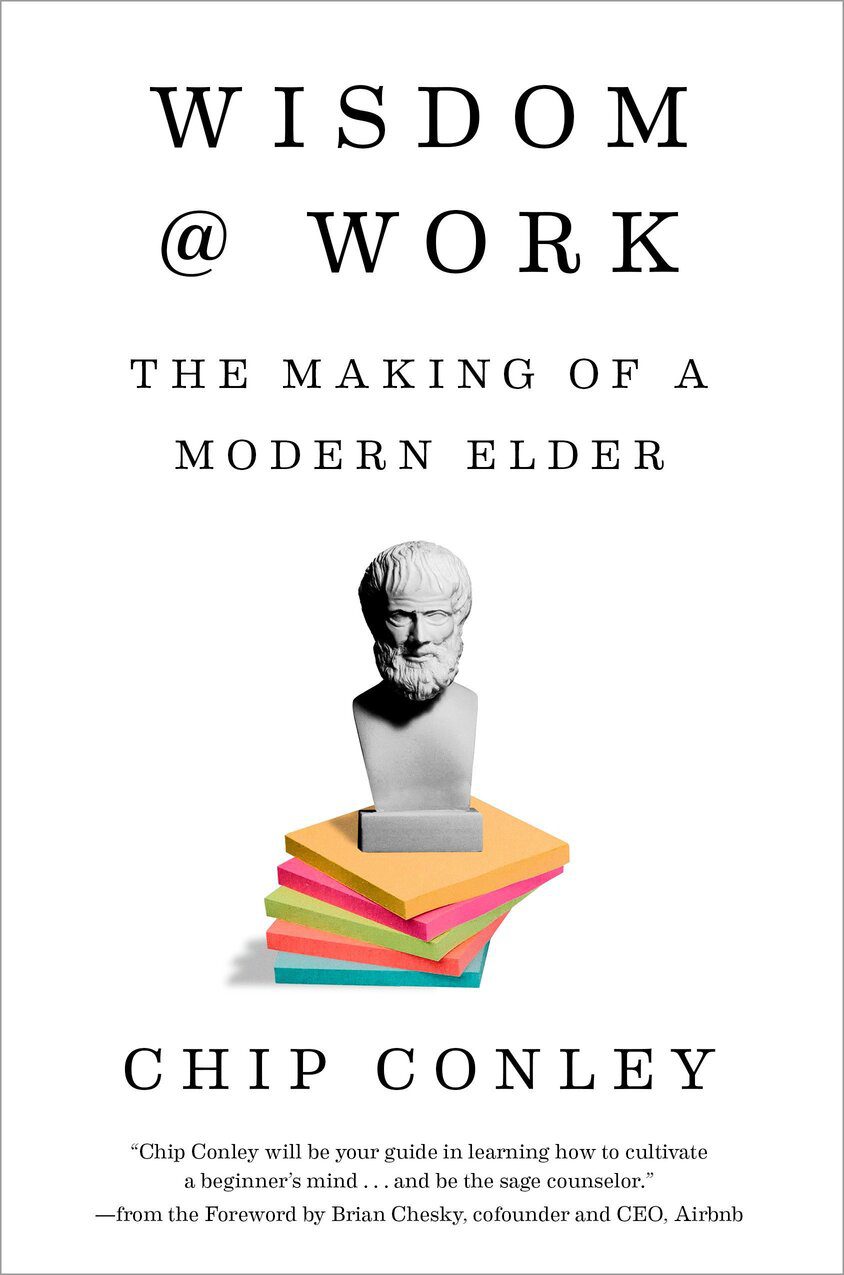
In many traditional cultures, elders were revered as guardians of wisdom, moral compasses, and storytellers of history. Their knowledge was considered sacred, not outdated. They shaped the identity of families, clans, and entire communities through oral teachings and example.
Examples from around the world highlight the depth of this role:
- Native American tribes entrusted tribal elders with the role of spiritual leaders and mediators of conflict.
- In Japanese culture, “respect for the aged” is not just a value—it’s an annual national holiday.
- In many African societies, elders sit at the center of village councils, guiding decisions with calm authority.
This reverence once grounded entire generations in tradition, identity, and resilience. But something has shifted.
Why Modern Society Ignores Elder Wisdom
In today’s fast-paced, hyper-connected world, society increasingly values youth, speed, and innovation. The elderly are too often portrayed as fragile, outdated, or irrelevant. But this couldn’t be further from the truth.
What changed?
- Technology created distance: Digital tools and automation have replaced many roles elders once fulfilled. We Google answers our grandparents once taught us.
- Ageism has normalized exclusion: Media and popular culture often paint old age as a problem to fix rather than a phase to honor.
- Families are more scattered than ever: Globalization has split generations apart, weakening the natural flow of intergenerational wisdom.
According to the World Health Organization, nearly 1 in 2 people globally hold ageist attitudes, and this bias carries real consequences—not just for elder well-being, but for all of us who miss out on their insights.
Knowledge We Are Losing
When elders are ignored, society loses more than stories—we lose essential life tools. Here’s just a glimpse of what’s fading into silence:
- Patience – The ability to sit with uncertainty, something only decades of life can truly teach.
- Resilience – Surviving wars, economic collapse, loss—they’ve lived it all and come out wiser.
- Empathy and storytelling – Elders often possess a rich emotional vocabulary that can help us relate to one another more deeply.
- Ethical clarity – A sense of right and wrong that isn’t dictated by trends or profit.
- Connection to nature – Practical knowledge about weather, farming, healing herbs, and natural cycles.
“There are lessons only the long road of life can teach. If we don’t ask, we don’t receive.” — Remin.site
Intergenerational Dialogue: A Bridge to the Future
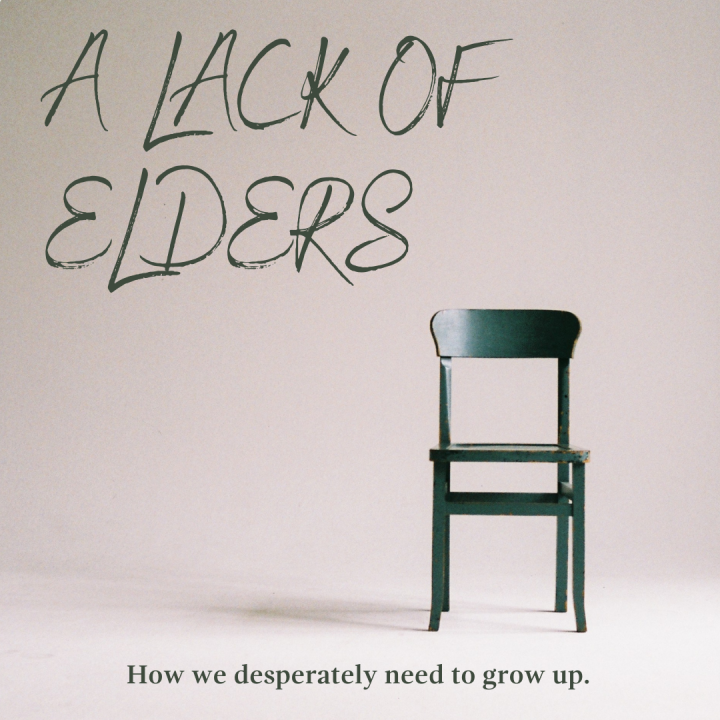
We are not doomed to repeat the mistakes of the past. We simply need to rebuild the bridges between generations. Intergenerational dialogue—whether in families, schools, or workplaces—has the power to transform our culture from one of disconnection into one of deep remembrance and mutual respect.
Here’s how we can start:
- Ask and record: Interview grandparents or elders in your community. Capture their stories through voice, video, or written word.
- Create shared spaces: Schools, workplaces, and neighborhoods can host storytelling circles, mentorship programs, or heritage events.
- Normalize listening: Celebrate elder voices on social media, in documentaries, and on platforms like Remin.site.
Organizations like UNESCO are actively working to preserve intangible cultural heritage—proof that institutional support for elder wisdom is not only possible, it’s already happening.
